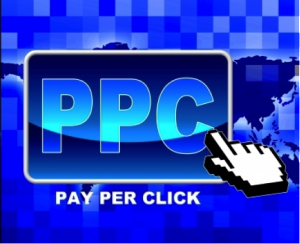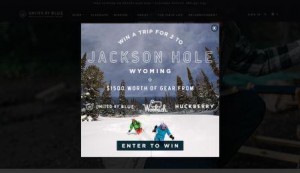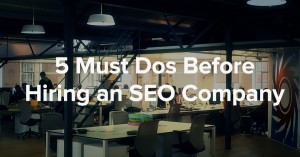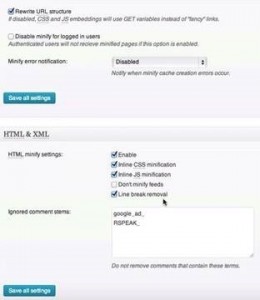With the move to content, content, content as a result of Google’s constant tweaking of its search algorithm, one would think that pay-per-click (PPC) would be dead.
But you’d be wrong.
When done right, PPC still provides a great return on investment. What’s more, it truly does drive traffic to a website.
While ongoing content marketing helps you get those critical organic search results, a good PPC campaign can give you immediate traffic. You can start a PPC campaign on Monday and begin to see traffic on Tuesday. (Converting that traffic to customers is a whole other matter, of course, and does involve content, providing great offers, great customer service, and a good website experience for your visitors.)

PPC isn’t going anywhere soon. In fact, it’s evolving to take advantage of new technologies
PPC also allows you to control your costs to the penny. You are able to set your budget for a particular PPC campaign, allowing you to automatically put a cap on your spending (ads stop appearing as soon as your reach your daily budget). You can change that budget at any time.
Another terrific benefit of PPC is the fact that you can target your ads in an incredibly narrow way. Want to reach women who are 55-60, enjoy yoga, want to lose weight, and live in Oregon, Washington and Idaho? You can! PPC ads allow you to target gender, location (even cities), the time of day, even specific devices (such as searchers using a smartphone).
What’s more, technology is evolving such that you will be able to load e-mails and phone numbers of your specific targets in order to reach out and connect with them. This is PPC melded with e-mail marketing.
But here’s an important caveat regarding PPC (and it ties in with how great content can prevent this problem): all the PPC traffic you can get is worthless – and costly – if your new site visitors leave as soon as they land on your site. In other words, you’re providing them with a poor onsite experience and they do not find what they are looking for, so they leave without converting.
Great onsite content can help this problem. Make sure your website makes it easy for your visitors to find what they are looking for. Give them informative content that actually helps them. The content should help them solve a problem, learn something new, or ad some other value. In short, your website’s content should be useful.
Hire a PPC expert if you’re unfamiliar with PPC (a campaign can be a costly failure if you don’t know what you’re doing) and make sure your website content is informative. Then you can watch as your PPC campaign drives traffic to your site, and your content helps convert that traffic into customers.
Image courtesy of Stock Photo/FreeDigitalPhotos.net
(250)
Report Post







